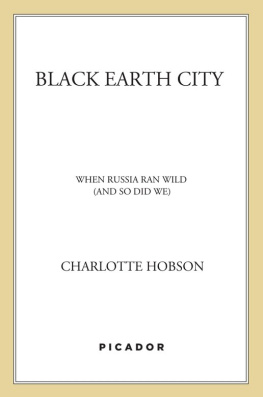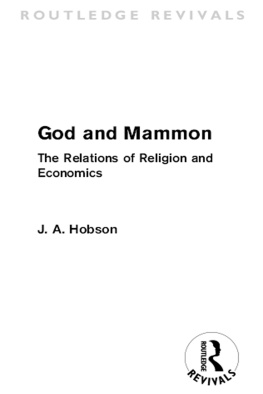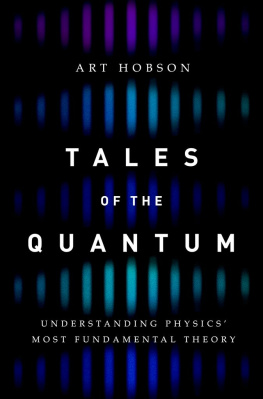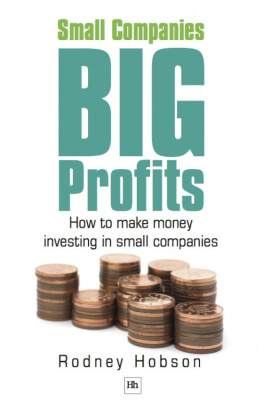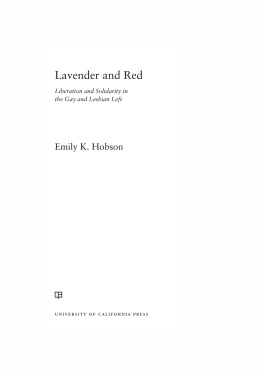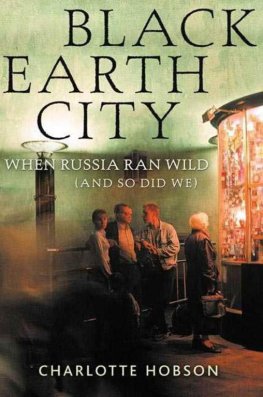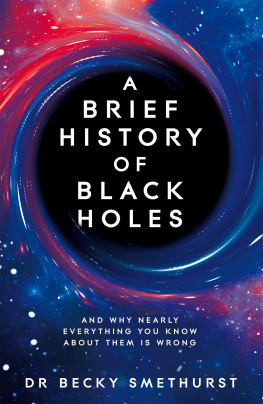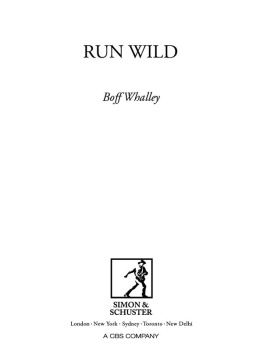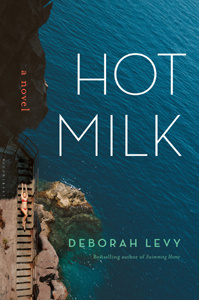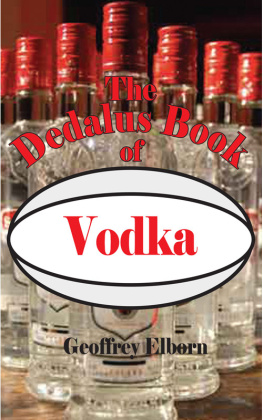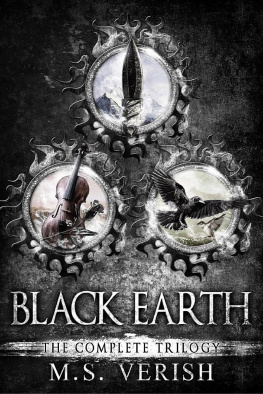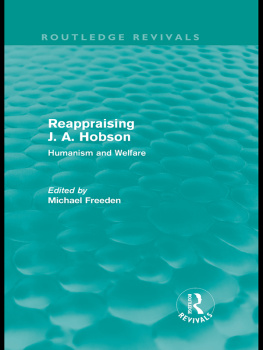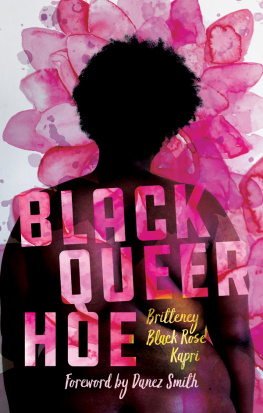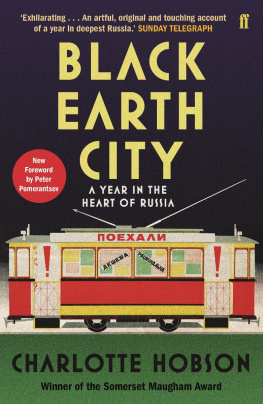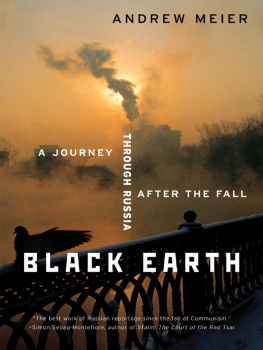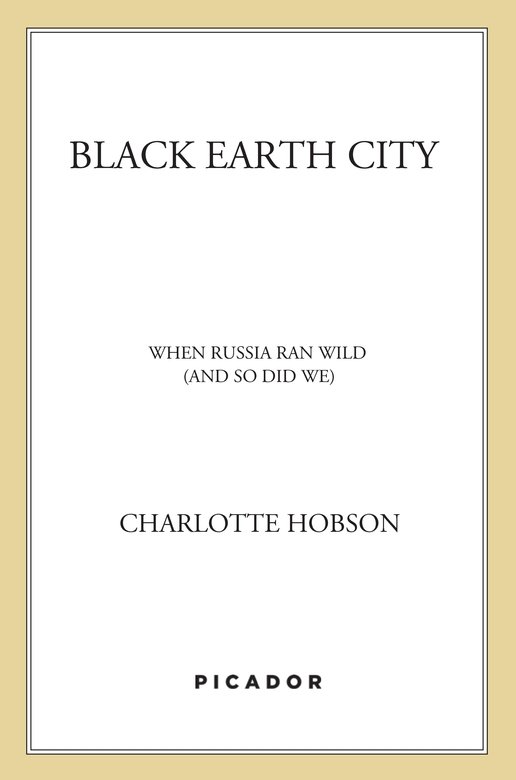Many people were kind to me while I was writing this book. I am grateful to all those whose spare rooms and kitchen tables provided me with an office: to my father, to Jonathan and Heather, to Emma and Giles, and to Alexander Hoare, whose view ensured that my progress was slow but enjoyable. Selina encouraged me to begin. Will, Emily, Roly, Claire, and Vitali took the trouble to comb through the manuscript in the final stages. Sara Bershtels and Riva Hochermans thoughtful, detailed responses deserve an Order of Heroic Editing. And above all, Philips staunch support, his tact, wit, and literary intuition, have helped me more than I can say.
As for my friends from Voronezh, both Russian and English, it is because of them that this book exists at all. Discretion hasled me to change most of the names and some of the details; otherwise I have done my best to capture our life together accurately. If there are mistakes, I hope they will forgive me. Thanks to all of you, and in particular to M.P., to whom this book is dedicated with affection.
anglichanka (pl. anglichanki )English girl
apparatchik Soviet bureaucrat
babushka, babulya grandmother, old woman
banya steam bath
bomzh acronym meaning homeless person
Bozhe moi! My God!
budka shed
dachnik (pl. dachniki )owner of a dacha, a country house
dalshe further
demi-sek demi-sec, medium dry
dochka daughter
dyevushka girl
dyevka girl (slightly derogatory)
dvushka two-kopeck piece
elektrichka (pl. elektrichki )small electric train for short journeys
entrakt interval, from the French entracte
fortochka the small casement that can be opened when the rest of the window is sealed up for winter
garderob cloakroom, from the French garderobe
Gastronom food store
golubka (pl. golubki )female dove; a term of endearment
gorko! bitter! A word shouted at weddings to make the bride and groom kiss, on the assumption that they should exorcise anything that is bitter or difficult on the first day of their marriage, and then everything will be sweet thereafter.
inostranets, inostranka foreign man, woman
intelligent (pl. intelligenty )intellectual, educated person. Pronounced with a hard g .
komendant head of the hostel
kulich traditional Easter cake
ladno all right, OK magizdat underground copying and distribution of music that sprang up under Brezhnev, the equivalent of samizdat for books
mily, milaya, milenky dear, darling
mutny cloudy, opaque
nichevo nothing, its nothing
na brudershaft from the German Bruderschaft . To drink a toast as brothers, with linked arms.
nu-ka, posmotrim now, lets see
otdykh rest, relaxation, holiday
papirosa (pl. papirosy )Russian cigarettes of black tobacco with a long tube of cardboard for a filter
Pobeda Victory (a Soviet make of car)
privyet hello
propiska residence permit
pukh fluffy seed from a certain type of poplar
salo salted pig fat
Slava Bogu! Thank God!
smetana sour cream
sovok someone who lives according to the old Soviet ways (derogatory)
s prazdnikom! Congratulations on whichever holiday it might beBorder Guard Day, International Labor Day, or First Day back at school.
Univermag short for universalny magazin, department store
vakhtersha concierge, janitor
vodochka the affectionate diminutive for vodka
vytrezvitel lockup for drunks
yolki palki! a jokey expression meaning whoops!
zakuski snacks to eat with vodka
zefir nutty meringues
Russian Lessons
There was a time before I was old enough for school when my mother and I visited Russia once a week. Welcome to Russia, the lady said, each time she swung open her front door to us. Russia consisted of an overheated apartment just outside Southampton, full of photographs of ballet dancers. In the front room, where I was sent to play, two unfriendly, stiff-legged pugs lay snoring on the carpet. I didnt object, however, because of the miraculous house that sat on top of the television. It had gingerbread walls and spun sugar icicles hanging off the roof and its path was paved with chocolates and lined with jelly flowers. While my mother declined Russian nouns, I climbed on a chair and passed the time in awed and loving contemplation of the house. She always bribed me not to touch it. A chocolate bar on the way home if you leave the house alone. Every week thetemptation was too great. A little piece of the back wall and an icicle or two would disappear, and my mother and the lady would emerge at the end of her lesson to find sugary smears across my cheeks and a welling of guilty tears. Thus I discovered that Russia was forbidden and that it tasted of gingerbread.
My mother never gave up her Russian lessons. Between driving four children to school, delivering stews to her parents, knitting sweaters like hairy beasts, and cooking for a stream of guests, she would pull a tattered notebook out of her handbag and memorize Russian vocabulary. Sometimes shed teach me a few words: snyeg idyot its snowingsounded like little hooves. On Saturday mornings, Id climb into her bed while she did her homework. Lying in the curve of her waist and watching the strange letters flow from her green felt-tip pen, I pondered the fact that my grandfather Igor was born in a yellow house in Moscow and bound in swaddling clothes. We had an icon from that house, a Madonna encased in silver plate with glass jewels in her crown, and Russian Easter eggs made of wax with velvet ribbons. All of these and my grandfather, wrapped like a jelly roll: I turned the images over in my head and grinned to myself under the bedclothes.
My mother was born Tatyana Vinogradoff, a little girl with white-blond hair and a blue-eyed, smooth-cheeked look that made my heart leap a hundred times when later I recognized it on the streets in Russia. She came from a Muscovite family of academics and teachers; her grandfather, Pavel Gavrilovich Vinogradoff, taught at Moscow University until he moved to Britain and became Professor of Jurisprudence at Oxford in 1903. In the black-and-white photograph on my mothers desk he had a statuesque quality that made it hard to believe hed ever really lived.
If Russia meant anyone real to me, it meant my mothersfather, Grandpa Igor, a large, square, adorable man with a walking stick that he wielded for emphasis. In his youth he had a passionate temperament, and once my father met a man who remembered him at university: Ah, dear Igor the only fellow whod come for a drink and eat the glass.
In the nineteen twenties, hed fought a duel with sabers; a couple of decades later, so the story went, he wrestled Lucian Freud to the ground and bit him on the ankle. By the time I knew him, he was an affectionate, learned old man with a habit of repeating his remarks three times over. Dear girl, he called me, dear girl. Dear girl. On one occasion, he was surprised to find that the shops were shut.
Its Good Friday, Igor, he was told.
Oh, said Igor. Poor chap. Poor chap. Poor chap.
It was Igor who suggested a dark side to Russia. When I was seven he told meperhaps, in his absentminded way, forgetting whom he was talking tothat children in the Soviet Union were taught to inform on their parents at school. By the time they came home their mothers and fathers were gone, vanished into the camps.

